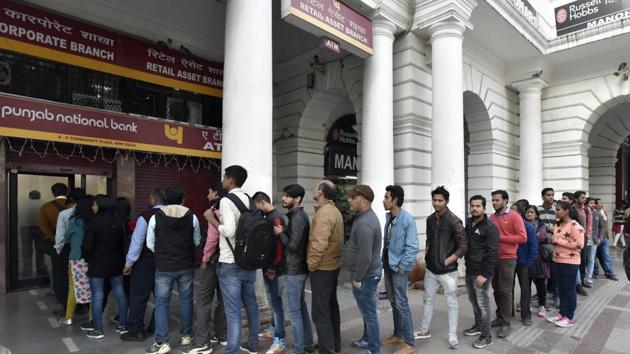No self-certification? Accounts used for overseas transactions to be blocked
The account holder will have to provide all details of transactions that were undertaken outside India besides updating the KYC data.
Bank accounts used for transfer of funds to and from other nations will have to provide additional details of transactions and identity by April 30 or get blocked, the income tax department said on Wednesday.

Non-Resident Indians (NRIs) and their spouses or parents are among those affected by the directive, and will need to make a self-declaration with information such as residence status and purpose of transactions, or risk having their accounts frozen.
“I am in panic. I will be back from my vacation on April 25. We had no idea about this new rule. I hope I have time to do the needful before my account is blocked,” said a management consultant, whose husband routinely sends her money from his account in United States where he works.
For privacy, the woman requested her identity not be disclosed.
Several banks have been caught unawares as well, and they will now need to rush to comply with the guideline before the month ends.
The directive is a consequence of a bilateral agreement with the United States for implementation of Foreign Account Tax Compliance Act (FATCA) by India beginning August 31, 2015. The pact aims to detect tax evasion by sharing information of transactions by people between the two countries.
Wednesday’s order is specifically for accounts opened between July 2014, the date from which the information was to be exchanged, and August 2015, when the agreement came into force.
Entities such as firms too will need to comply with the self-declaration directive, which also covers other financial instruments such as mutual funds.
According to the Reserve Bank of India norms, permanent account number (PAN), Aadhaar card, driver’s license, voter’s identity card or passport will serve as proof of identity and address.
Aadhaar, however, is not mandatory for the self declaration, a senior I-T department official told Hindustan Times.
Experts said the Wednesday’s directive shows India’s commitment to promote tax transparency and automatic exchange of information. “It gives, at the same time, alternatives to the financial institutions to deal with non-compliant accounts where the process of due diligence and obtaining of self-certification is not yet completed,” consultancy group EY said in a statement.
The government had earlier set a deadline of August 31, 2016 for the banks and financial institutions to secure self-declarations from their customers. But the deadline was then extended indefinitely, before a more stringent limit was set on Wednesday.
Banking sources said that compliance would not be a problem for large and many mid-sized banks, smaller ones may struggle to meet the stiff deadline.
The circular said that the accounts that are blocked during the exercise can be unfrozen after the self-certification is submitted and due diligence is carried out.





